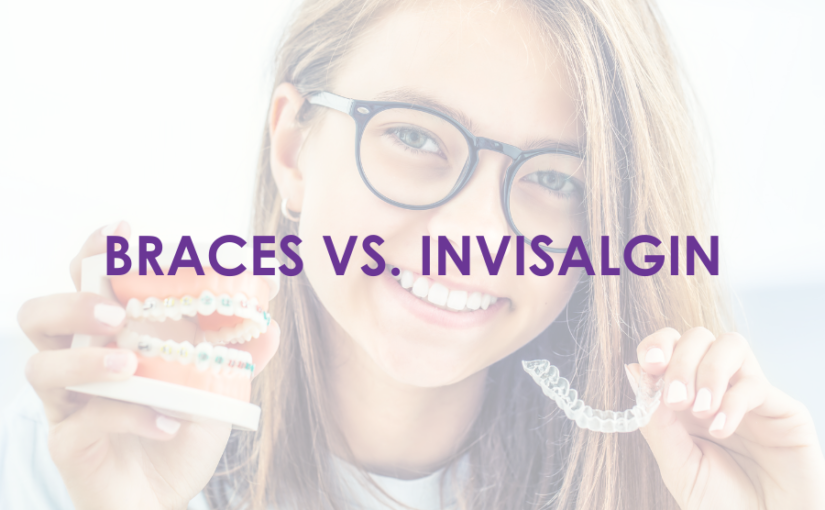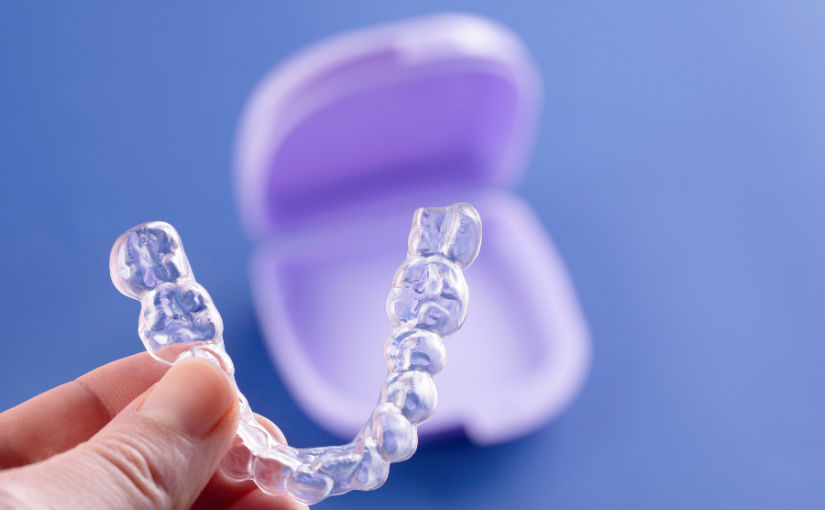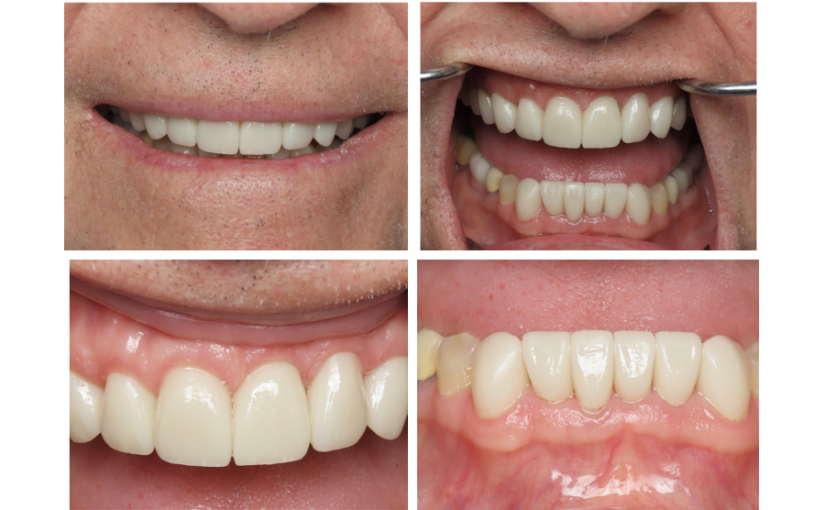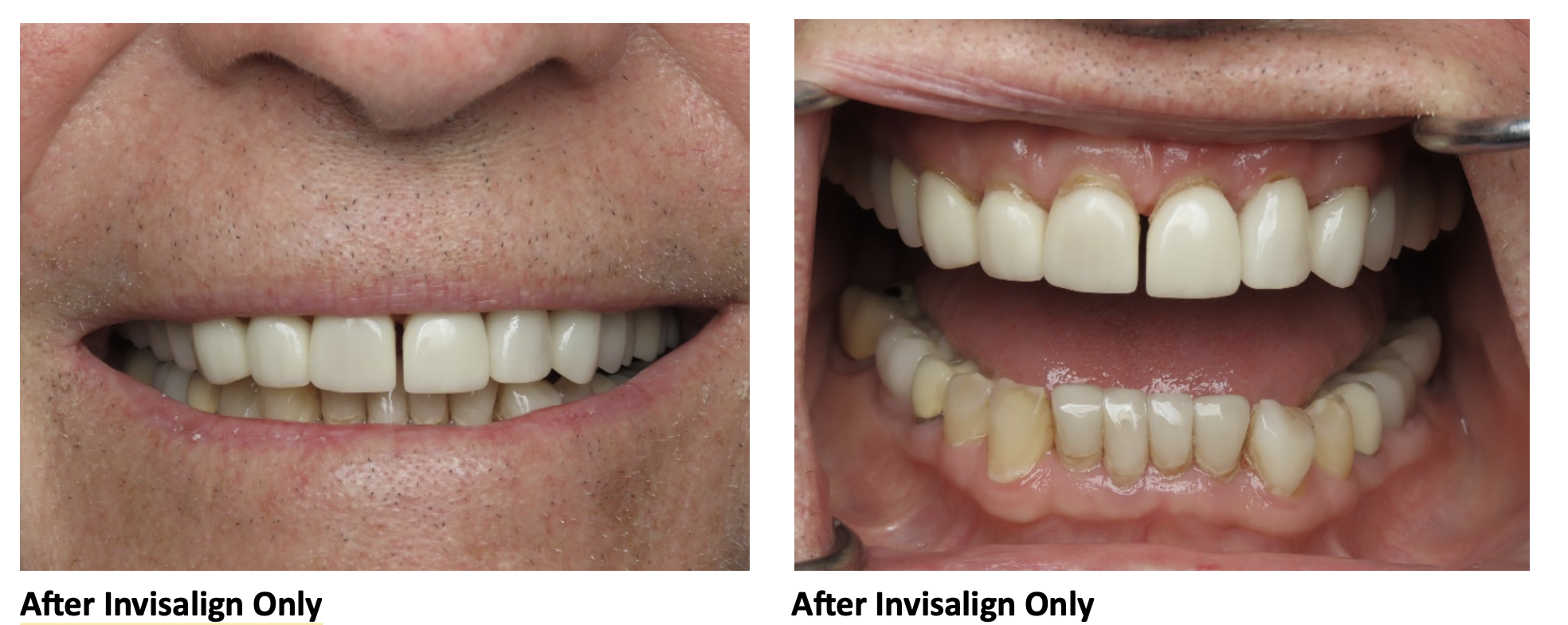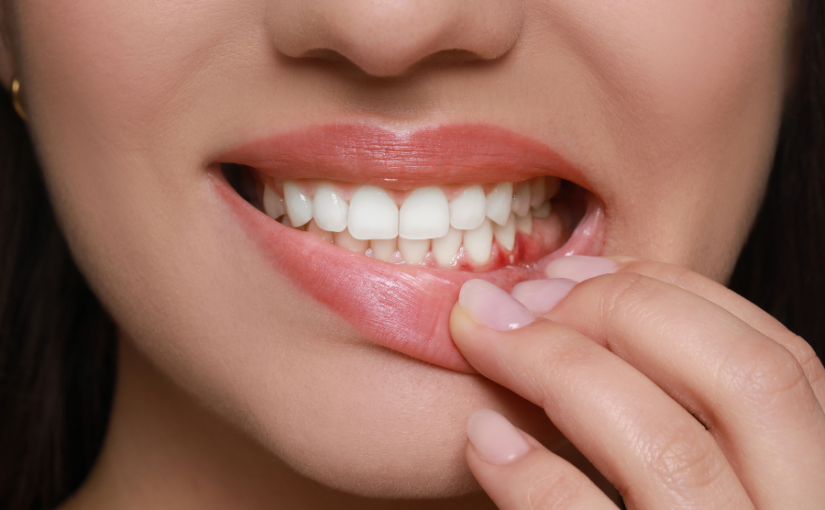By: Dr. Elizabeth Eggert
If you’ve ever felt anxious about an upcoming dental appointment, you’re definitely not alone. Dental anxiety affects millions of people, often causing them to delay or avoid essential care. Fortunately, there’s a safe and effective solution that can make your experience much more comfortable: nitrous oxide gas. Commonly known as “laughing gas,” nitrous oxide has been used in dentistry for over 150 years to help patients stay calm and breathe easier during treatment.
How Does It Work?
Nitrous oxide is an anxiolytic and works by interacting with your central nervous system to produce a calming, euphoric effect. When you inhale the gas through a small nose mask, it quickly enters your bloodstream, promoting a sense of relaxation without putting you to sleep. This makes it especially helpful if you experience nervousness or have a sensitive gag reflex. The gas also encourages you to breathe more deeply and evenly through your nose, which not only helps with oxygen intake but also allows your dentists, Dr. Jeff Eggert and Dr. Elizabeth Eggert in North Oaks, MN to work more efficiently and it significantly increases your comfort.
The science behind nitrous oxide is both fascinating and well-established. It’s classified as a dissociative anesthetic, meaning it changes how your brain perceives pain and anxiety without causing unconsciousness. Because the effects are so fast-acting—and wear off within minutes after the mask is removed—nitrous oxide is ideal for dental settings where you need quick relief but want to resume normal activities shortly afterward. While using nitrous oxide, you’ll be fully conscious and able to communicate, but you’ll feel calm, light, and more at ease.
What Is The History And Is It Safe?
Historically, nitrous oxide was first discovered in the late 18th century and began to be used in medical and dental practices by the mid-1800s. Its use revolutionized dental care by making treatments less stressful and more accessible to patients who might otherwise avoid the dentist entirely. It also was a much safer alternative to ether, which was used commonly for pain control at that time. Today, it’s one of the most commonly used methods to promote relaxation in dental offices across the country, thanks to its proven safety and effectiveness.
At Eggert Family Dentistry in North Oaks, MN, both Dr. Jeff Eggert and Dr. Elizabeth Eggert offer nitrous oxide gas as an optional part of your dental care. If you think you’d benefit from feeling more relaxed during your visit—or simply want help breathing more easily through your nose during treatment—just let the team know ahead of your appointment. This service is available for a very reasonable cost, and the benefits to your comfort and peace of mind are well worth it.
Don’t let anxiety or discomfort hold you back from getting the care you need. Nitrous oxide can help transform your dental experience into something calm, positive, and stress-free. At Eggert Family Dentistry, your comfort is always a top priority—so breathe easy, relax, and take the first step toward a better dental visit by asking about nitrous oxide at your next appointment. Call us today for your next appointment—651.482.8412.










